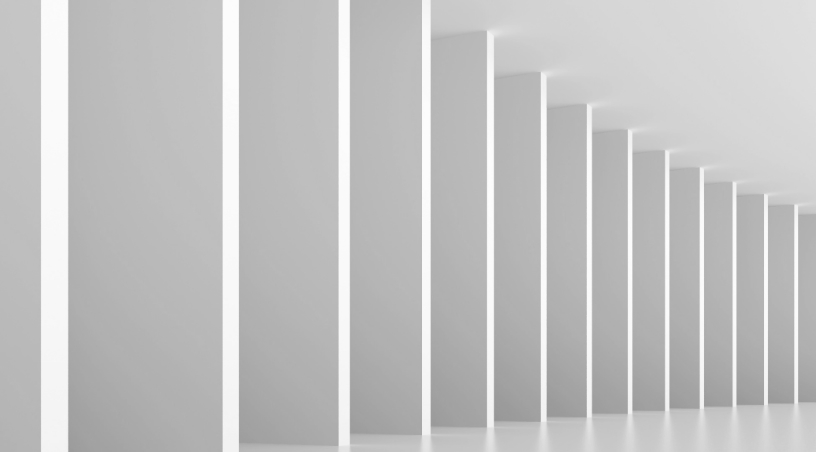
In 1992, Leonard Peikoff, the cultural historian and expositor of the philosophy of Ayn Rand, gave a lecture on “Some Notes About Tomorrow” in which the former Soviet Union featured heavily and China received one parenthetic comment. You can find the transcribed lecture in a recently published collection of lectures and other items by Peikoff, Why Act on Principle?
The fall
Musing about why the Soviet Union fell, or semi-fell, Peikoff made two predictions, one of which has held up and the other of which has not. But why he was right helps explain why he was wrong.
As dramatized by the fall of the Berlin Wall, Soviet communism collapsed (to whatever extent it did) not because Russians and others generally abandoned the principles of collectivism, mysticism, and self-sacrifice but because the form that these took in the Soviet system had become too blatantly false.
An American reporter in Moscow, at a small rally of dedicated Communists defending the old system, was asked by a 76-year-old language teacher about the condition of Communism abroad. “She was very disappointed to hear that the British Communist Party had disappeared altogether, and the American one nearly so. ‘But tell me frankly,’ she said, ‘You do have poor people in America?’ When told that of course there are poor people in America, she seemed very, very relieved” (March 17, 1992, [The New York Times], emphasis added).
This kind of mentality—which doubts even the elementary bromides of its credo, even the notion of the exploitation of the proletariat—is no longer a historical factor. The Communists lied so often, so fundamentally, and so verifiably, that no one, including the faithful, could any longer keep the faith.
But the doubts go only so far.
Under its debris in Russia, however, is the essence which was receptive to it in the first place, the essence which remains unchallenged, malignant, and thriving…. The two strongest forces in Russia now, all the papers report, are religion and nationalism, often working in tandem. In other words, the forces are variants of mysticism—altruism—collectivism.
A seventy-year-old Russian lawyer who spent twelve years in the Soviet labor camps was asked by an American if the Russian political system had now changed fundamentally. “Something has changed,” he said finally. “But the foundation is still the same, and the foundation is the mentality of the people, which hasn’t changed” (New York Times, March 17, 1992). How can it change when no one has taught the country any different ideas?
Not so fast
Where was China in all this? An afterthought, in these “Notes,” anyway: “I expect the few holdouts, such as China, to be relatively short-lived.” That’s it.
Peikoff made this incidental remark despite the way the Chinese Communist Party had a few years earlier crushed massive demonstrations for freedom and democracy in China and despite the fact that the Chinese state had already been turning away from full-scale communism to a “reformed,” more fascist style of totalitarianism—“socialism with Chinese characteristics”—a system that with the blinkered help of the rest of the world has been able to sustain itself for at least from 1992 to 2024.
China has been following the fascist path that Peikoff predicted for post-Soviet Russia, but without having to cope with the collapse of a Chinese empire:
Russia and Eastern Europe are headed, inevitably, toward a statist finale, another orgy of dictatorship—this time, most likely, of a nationalist/religious kind. Which means: a system closer to the Nazi variety than the Communist. The difficulties of a transition from socialism to freedom are gargantuan under any circumstances. In a nation where the basic philosophy of socialism remains untouched, that transition is impossible….
You cannot bribe a country into sharing your beliefs; money is impotent against ideas. All that our billions will accomplish is to give potential dictators there more time to organize, because we will be keeping the country going for them for another winter or two.
The dictators who have had the time to get organized are Putin and Xi.





